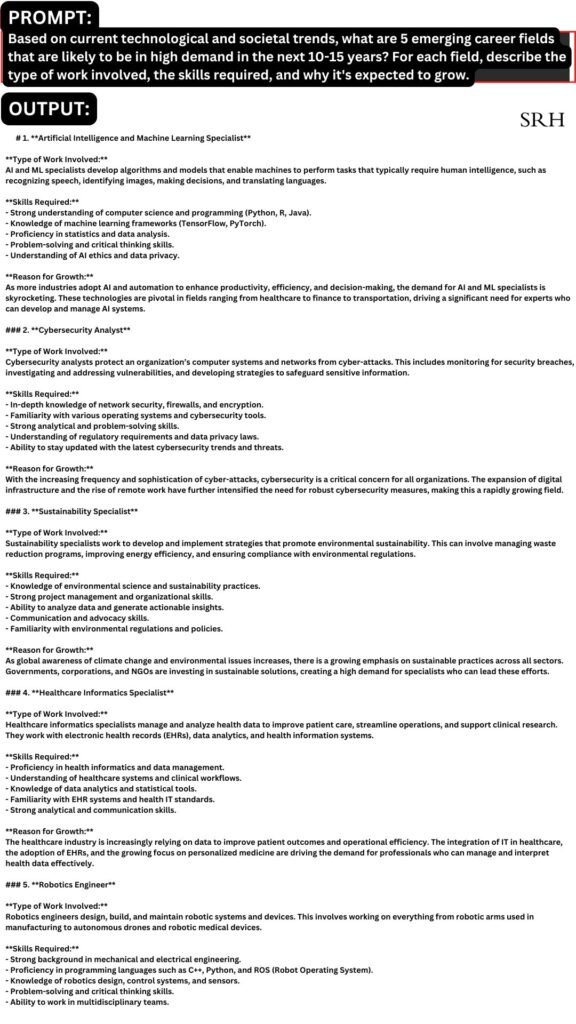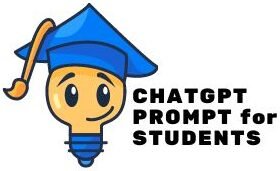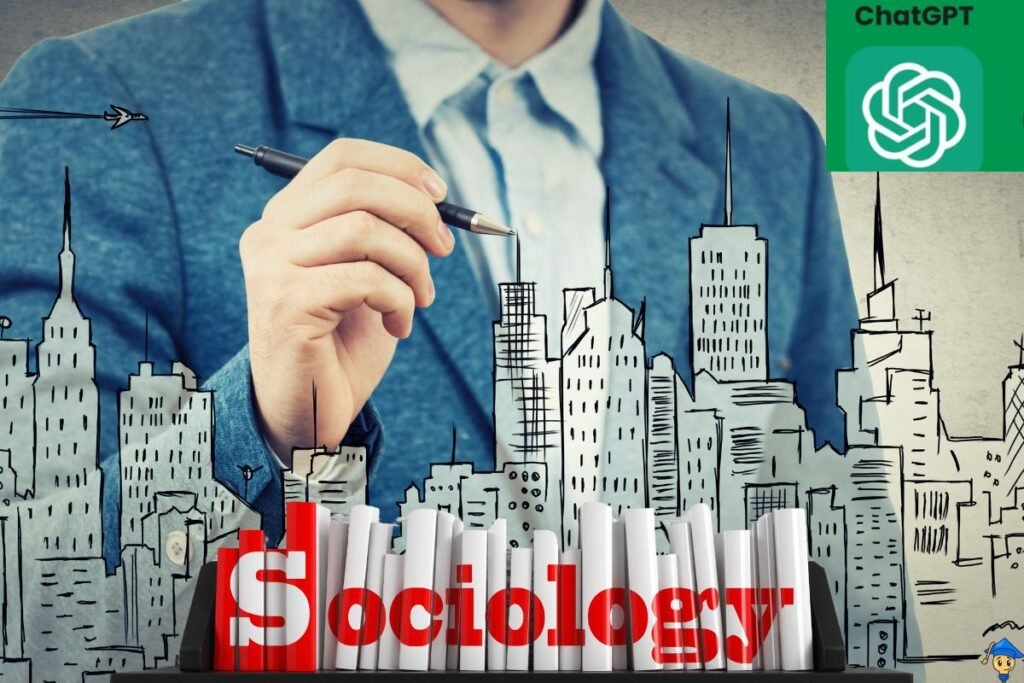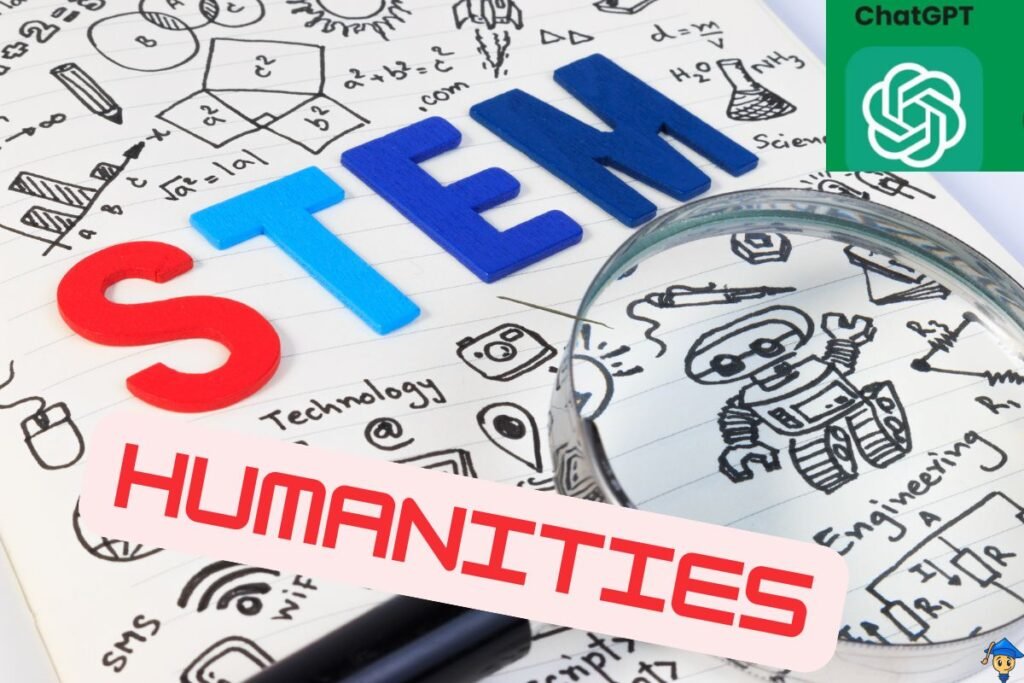In our student life, we all faced questions like “What is your future plan?” or “What do you want to be?”. And almost all of my friends including me don’t have solid answers. There was lots of confusion in our minds. Most of the time we are misguided by society, even by, our parents and forced to compromise our passion. This was partly because, in our time, there were no personal career guides available.
But guess what? Times have changed, and so have our tools for navigating the complex world of career choices. Enter ChatGPT, your new AI career advisor! 🌟
In this post, we’ll explore how this powerful tool can help you uncover exciting career paths and find clarity in the often overwhelming maze of professional possibilities.
Why Use ChatGPT for Career Exploration?
Before we dive into the prompts, let’s talk about why AI can be your secret weapon in career planning:
• Unbiased Insights: Get perspectives free from personal biases
• Broad Knowledge: Explore careers you might not have considered
• Up-to-date Information: Access current trends in various industries
• Personalized Exploration: Tailor your search based on your interests and skills
Now, let’s unlock some career wisdom with these ChatGPT prompts:
5 Powerful Prompts to Illuminate Your Career Path
1. The Skills Translator
“I’m a student majoring in [your major]. List 10 skills I’m likely developing through my studies. Then, suggest 5 career paths outside of the typical jobs for my major where these skills would be valuable. For each career, explain why it could be a good fit.”
Why it works: This prompt helps you see how your current skills can apply to unexpected career paths, broadening your horizons.
2. The Future Trends Explorer
“Based on current technological and societal trends, what are 5 emerging career fields that are likely to be in high demand in the next 10-15 years? For each field, describe the type of work involved, the skills required, and why it’s expected to grow.”

Why it works: This forward-looking prompt helps you anticipate future job markets and align your career plans accordingly.
3. The Values Matcher
“I value [list 3-5 personal values, e.g., creativity, social impact, work-life balance]. Suggest 5 careers that align with these values. For each career, explain how it satisfies these values and what kind of daily work I might expect.”
Why it works: Aligning your career with your personal values is key to long-term job satisfaction. This prompt helps you identify careers that resonate with your core beliefs.
4. The Personality Career Fit
“Based on the Myers-Briggs personality types, I identify as [your MBTI type, e.g., INFJ]. What are 5 careers that typically suit this personality type well? For each career, explain why it’s a good match and what potential challenges I might face.”
Why it works: While personality shouldn’t be the only factor in career choice, understanding how your traits align with different careers can provide valuable insights.
5. The Passion Project Professionalizer
“I’m passionate about [your hobby or interest]. Brainstorm 5 ways I could turn this passion into a viable career. For each idea, suggest steps I could take to gain relevant experience or skills while still in school.”
Why it works: This prompt helps you explore ways to merge your passions with your profession, potentially leading to a more fulfilling career path.
Pro Tips for Using These Prompts:
1. Deep Dive: Don’t stop at ChatGPT’s initial response. Ask follow-up questions to get more detailed information about each career path.
2. Reality Check: Use the information as a starting point, but always verify with real-world sources and professionals in the field.
3. Mix and Match: Combine insights from different prompts to create a more comprehensive career exploration strategy.
4. Keep an Open Mind: Be prepared to discover career paths you’ve never considered before. The job market is always evolving!
Remember, ChatGPT is a tool to spark ideas and provide information, but the final career decision is yours. Use these prompts to start your exploration, but don’t forget to factor in your own experiences, intuitions, and real-world research.
Resources for Further Career Exploration:
1. “Designing Your Life” by Bill Burnett and Dave Evans: A fantastic book that applies design thinking principles to career and life planning.
2. O*NET Online (onetonline.org): A comprehensive database of occupational information, great for detailed career research.
3. The Muse (themuse.com): A career development website offering advice, job listings, and company profiles.
Armed with these AI-powered prompts and additional resources, you’re ready to embark on an exciting journey of career discovery. Remember, your dream job might be one you haven’t even heard of yet. So keep exploring, stay curious, and let your unique talents guide you to a fulfilling career path. Your future self will thank you!
Happy career hunting, future leaders! 🚀





